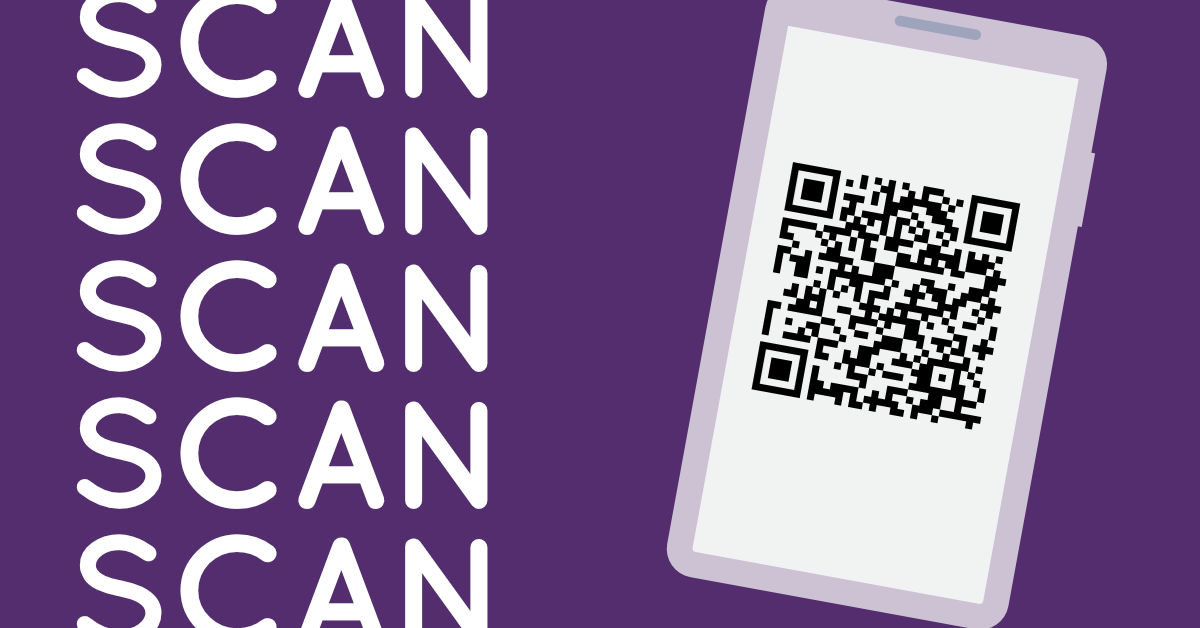In the ever-evolving landscape of event management, Quick Response (QR) codes have emerged as a transformative tool, streamlining various aspects of the attendee experience. From efficient check-ins to interactive sessions and seamless networking, QR codes are revolutionizing the way events are organized and attended. In this article, we delve into the ways QR codes are enhancing events and providing a more engaging and streamlined experience for attendees.
1. Contactless Check-In and Registration:
QR codes have redefined the check-in and registration process at events. Attendees receive personalized QR codes upon registration, which they can easily scan upon arrival. This contactless check-in not only reduces waiting times but also enhances the overall attendee experience by minimizing physical interactions and paperwork.
2. Instant Access to Event Information:
QR codes serve as gateways to a wealth of event information. Attendees can scan QR codes on event brochures, posters, or digital signage to instantly access schedules, speaker details, and venue maps. This ensures that attendees are well-informed and can plan their event experience efficiently.
3. Seamless Access to Digital Content:
Events often feature digital content such as presentation slides, videos, or additional resources. QR codes embedded in event materials or presentation slides enable attendees to access this content instantly. This seamless integration of digital resources enhances the educational and informational aspects of the event.
4. Interactive Sessions and Q&A:
QR codes facilitate interactive sessions by allowing attendees to participate in polls, surveys, or Q&A sessions. Speakers can display QR codes on screens, and attendees can scan them to submit questions or provide feedback in real-time. This interactivity fosters engagement and ensures that events are more dynamic and responsive to the needs of the audience.
5. Networking and Business Card Exchange:
Networking is a crucial aspect of many events, and QR codes simplify the exchange of contact information. Attendees can create digital business cards with QR codes that, when scanned, automatically save contact details on the recipient’s device. This eliminates the need for physical business cards and streamlines the networking process.
6. Gamification and Engagement:
Event organizers leverage QR codes for gamification strategies to enhance attendee engagement. QR codes can be incorporated into scavenger hunts, quizzes, or interactive challenges that encourage attendees to explore different areas of the event venue. Gamification adds a layer of fun and excitement to the event experience.
7. Ticketing and Access Control:
QR codes have become standard in event ticketing and access control. Attendees receive electronic tickets with embedded QR codes, which are scanned at entry points for secure and efficient access. This electronic ticketing system reduces the risk of fraud and provides a convenient way for attendees to manage their event admission.
8. Post-Event Surveys and Feedback:
Gathering feedback is essential for improving future events. QR codes simplify the process of collecting post-event surveys and feedback. Attendees can scan QR codes provided on event materials or emails to access surveys, enabling organizers to gain valuable insights into the attendee experience and make data-driven improvements.
Conclusion:
The integration of QR codes in events has revolutionized the way attendees interact with and experience gatherings of all kinds. From seamless check-ins to interactive sessions and efficient networking, QR codes have become an indispensable tool for event organizers seeking to enhance attendee engagement and streamline logistical processes. As technology continues to advance, the role of QR codes in events is likely to expand, providing new opportunities for innovation and improved experiences for attendees worldwide.

